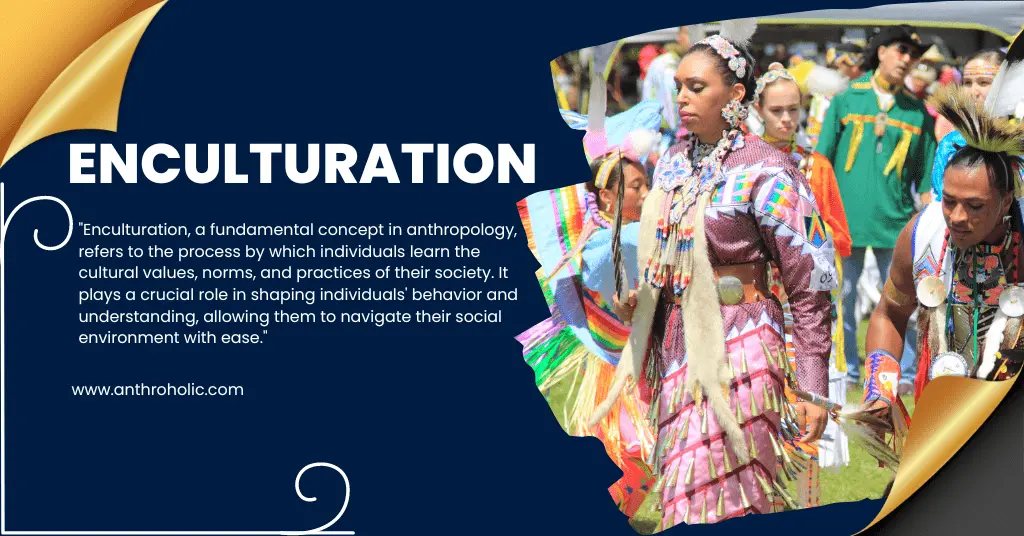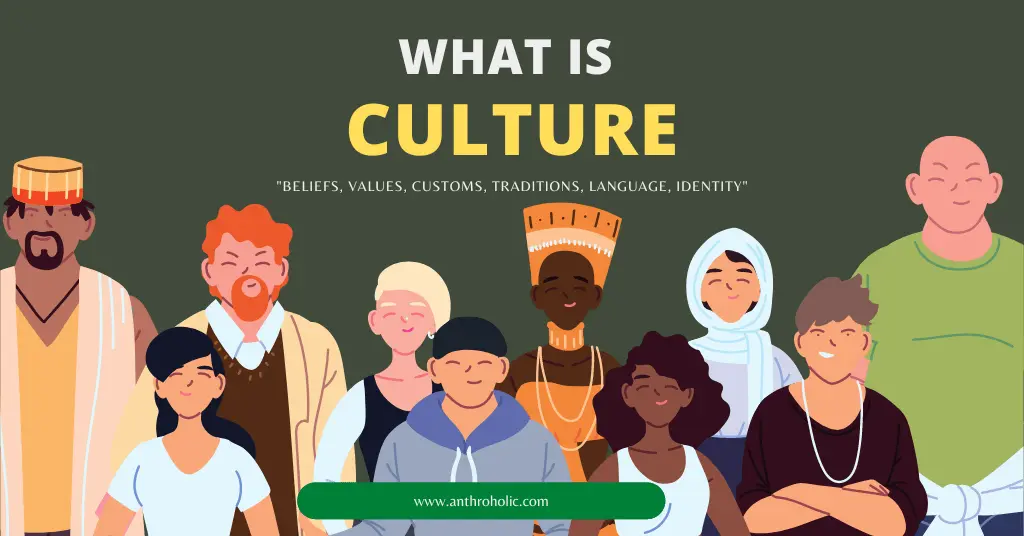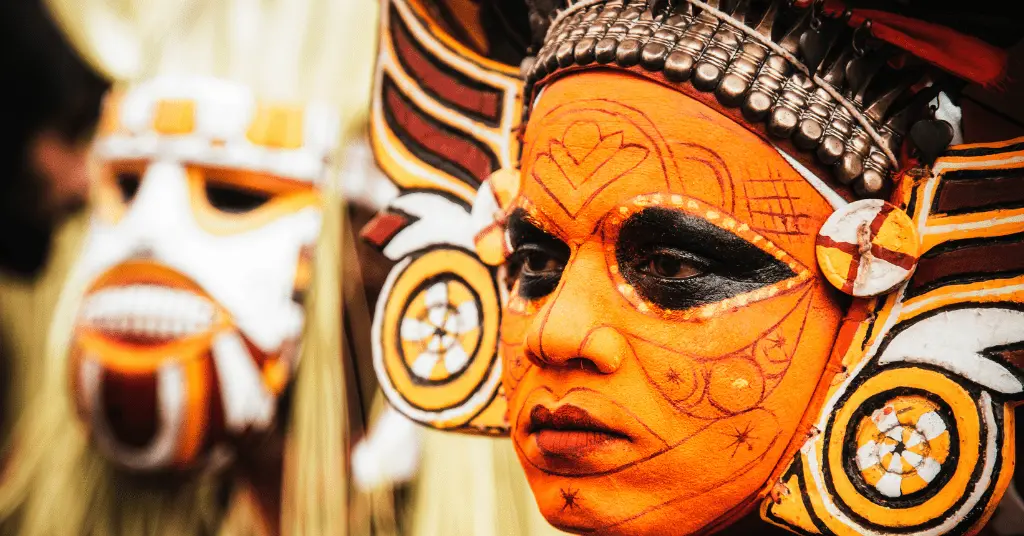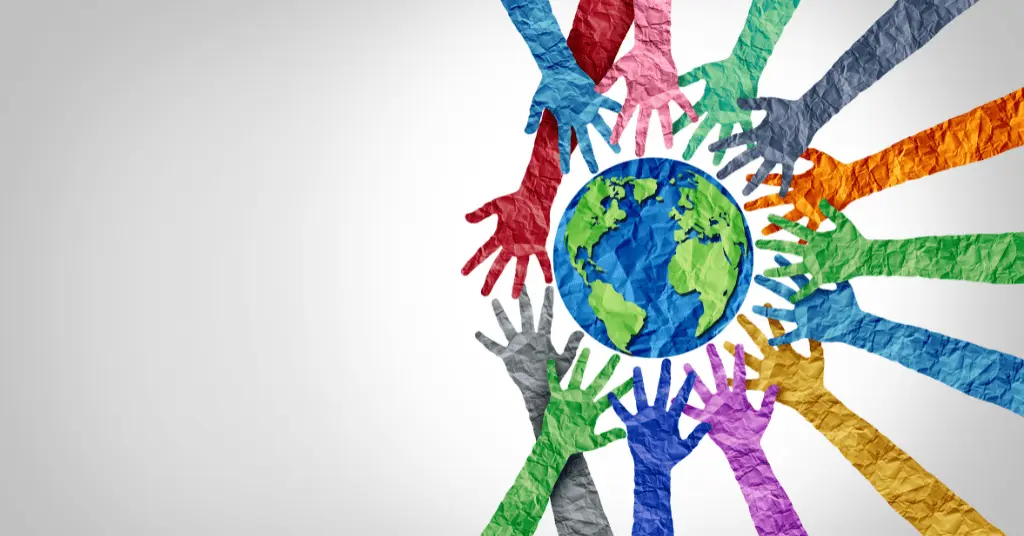AI Answer Evaluation Platform Live Now. Try Free Answer Evaluation Now

Enculturation
Enculturation, a fundamental concept in anthropology, refers to the process by which individuals learn the cultural values, norms, and practices of their society.
+91-7303290503, +91-9557169661 | MON to SUN 10:00 AM - 6:00 PM
Culture refers to the shared beliefs, values, practices, and traditions that define a group or society. This category covers topics related to cultural diversity, including the study of different cultures, sub-cultures, and their significance in shaping our world. From exploring the origins and evolution of culture to examining the impact of globalization on cultural practices, this category provides insights into the diverse and complex nature of human culture.

Enculturation, a fundamental concept in anthropology, refers to the process by which individuals learn the cultural values, norms, and practices of their society.

The origin of the word "culture" can be traced back to the Latin term "cultura," which is derived from "colere," meaning "to cultivate" or "to till."

Numismatics is a fascinating field of study that involves the collection and examination of coins, currency, tokens, and other related objects.

Corporate Anthropology is the application of anthropological theories, methods, and tools in the context of the business world.

Culture shock is a common experience for people who travel or move to a new country with a different culture.

Autonomous culture, also known as self-management or self-organizing teams, refers to a work environment where employees have more control over their work and are empowered to make decisions without direct supervision.

Transculturation is a process of cultural transition characterized by the emergence of a new cultural phenomenon.

Social institutions are complex set of rules, norms, and values that shape and organise social interactions and relationships within a society.

The phrase "cultural lag" refers to both the idea that culture often lags behind technological progress and the repercussions of this lag on the socioeconomic system.

Cultural pluralism has been proposed as a goal and a set of social behaviors for properly managing modern society's rising variety and connection.

The concept of universality of culture in anthropology refers to the idea that there are certain aspects of human culture that are common to all societies, regardless of their geographical location or historical time period.

Mass culture refers to the popular culture that emerges from the commercialization of cultural practices and artifacts.